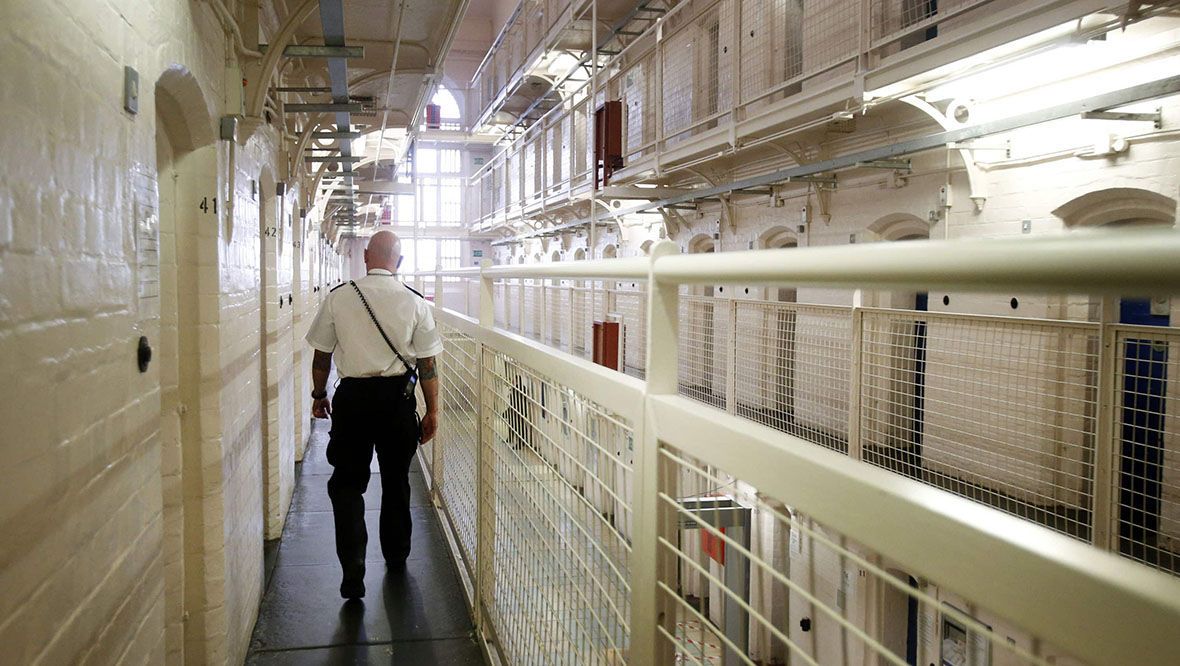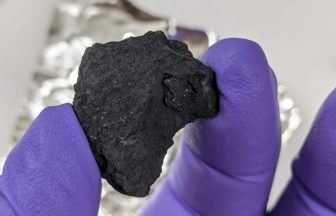The head of the Scottish Prison Service (SPS) has defended the security measures in jails after it emerged thousands of supposedly “unhackable” mobile phones given to prisoners are used to buy drugs and organise other crimes.
Teresa Medhurst told Holyrood’s Justice Committee that providing prisoners with mobiles to replace in-person visits during the pandemic had been a “learning process” but they were “aware of some of the areas of vulnerability”.
Approximately 7600 purportedly tamper-proof personal phones were issued to inmates by the Scottish Government at a cost of almost £3m when prison visits were stopped because of coronavirus.
In an interview with ITN News, a prison officer at Barlinnie, Scotland’s largest jail, said that modified phones were being used to source drugs and organise deals.
John McTavish revealed that “very, very ingenious” inmates were able to tamper with the phones in a matter of hours, with approximately 100 of the 300 devices on one ward found to have been hacked.
The interim Scottish Prison Service head was unable to say how many phones had been compromised when asked by MSPs during Wednesday’s evidence session.
Stressing that the service was working with Police Scotland to attempt to stop drugs entering prisons, Medhurst suggested it was linked to serious organised crime groups “infiltrating” prisons with “ever more sophisticated” methods.
She told the committee: “We work with a range of experts and organisations to help us better understand the issue of selling drugs and the problem of drugs in prisons, as well as the measures we need to take in order to minimise those risks.”
Challenged by Scottish Conservative MSP Jamie Greene about what will happen with the phones given to prisoners “knowing that many hundreds or perhaps thousands of them are being broken and used for illicit purposes”, Medhurst said the prison service was looking to introduce additional security measures.
She added: “We have security measures and that’s why we’re able to identify phones that have been tampered with.
“Where those phones have been tampered with, there are arrangements to ensure that we apply an appropriate degree of punishment and or withdrawal, depending on the circumstances and the nature of the tampering that has occurred.
“Going forward, what we need to do is ensure that any of those risks can be minimised and appropriate, additional measures put in place.”
Wendy Sinclair-Gieben, HM Chief Inspector of Prisons for Scotland, said that despite staff being “phenomenal” at preventing many drugs getting in, she said: “Drugs in prison is a major, major issue.
“When I talk about revising the prison rules, one of the things that needs to happen is a reduction of the drugs coming in through the post in almost undetectable quantities.”
Sinclair-Gieben gave the example of forged letters from solicitors being soaked in psychoactive drugs, suggesting that all communication could instead be done electronically or photocopied.
“You’re always playing a catch-up game with drugs,” she said.
“It’s a major problem in prison, it’s a major problem stopping it coming in, and it’s a major problem providing support and rehabilitation to prevent people wanting to take drugs.”
Follow STV News on WhatsApp
Scan the QR code on your mobile device for all the latest news from around the country
























